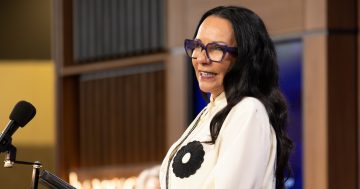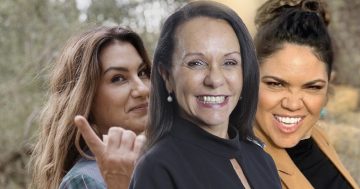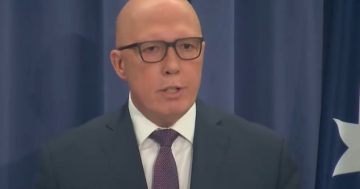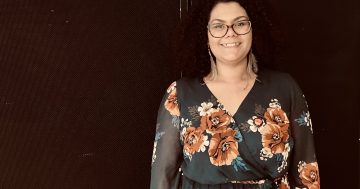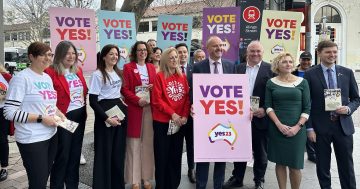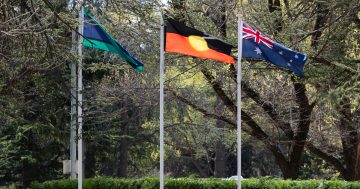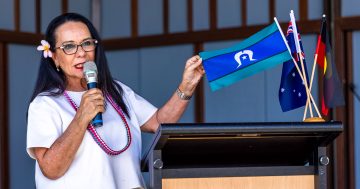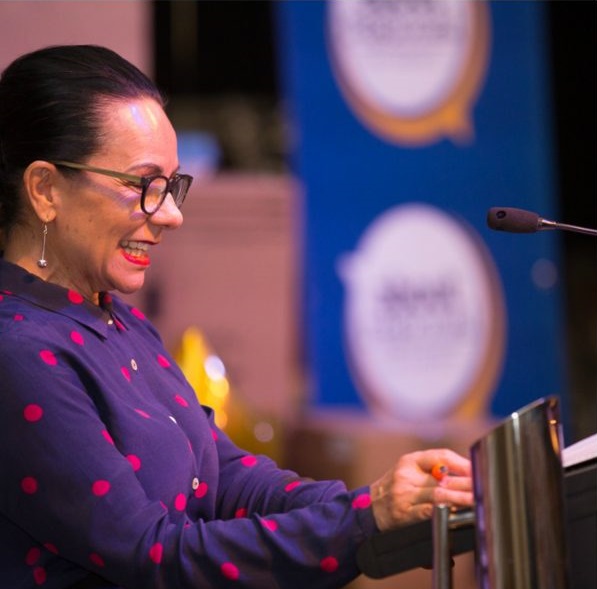
Minister for Indigenous Australians Linda Burney says Canberra needs help devising policy for First Nations people. Photo: File.
Minister for Indigenous Australians Linda Burney has told an economic forum that programs developed in Canberra for First Nations people are often backfiring and wasting money due to a lack of consultation.
In a speech delivered last night (19 September) at a Committee for Economic Development of Australia (CEDA) event, Ms Burney said giving Indigenous people a say will result in better policies for the long term and achieve better value for money.
The Minister cited the Remote School Attendance Strategy as an example of where proper consultation could have saved a lot of money and achieved better outcomes.
“Over $270 million has been spent since 2014 on the Remote School Attendance Strategy – a program that was developed in Canberra,” she said.
“Developed with good intentions, but without listening. Across the 84 schools in the program, attendance has actually gone backwards. Backwards. Even before COVID.
“It’s what happens when governments make policies for Indigenous communities, not with communities.”
She said an Indigenous Voice to Parliament could have helped build a far better program that worked for the people it was intended to help.
“Government and the parliament will have a two-way relationship with the Voice,” she said.
“As the Minister, I will go to the Voice and say: ‘This school attendance program isn’t working. Help me to get the best possible advice to fix it – from every corner of the country – about how we can do better’.
“Because the approach that different governments have been using for decades simply hasn’t worked, and we owe it to the next generation to do better.”
She said Indigenous children are more than 20 per cent less likely to finish school, and young Indigenous people are more than over 20 per cent less likely to be in education or training.
Later in life, Aboriginal and Torres Strait Islander Australians are more than 20 per cent less likely to have a job.
“It can’t go on like this, not when we have an opportunity to change the system that is letting the next generation down … Every day I wake up, I think about those kids. Every day during this referendum campaign, I think about their futures,” Ms Burney said.
“I’m 66. My great friend and West Australian legend, Senator Patrick Dodson, is 75.
“This referendum isn’t about us. It’s about the next generation. So when people ask you what’s this referendum about? When they ask ‘what’s in it for me?’ tell them this: ‘If you want a future where everybody has a fair shot in life – Yes makes it possible. If you want to move this country forward to a better future for everyone – Yes makes it possible.”
With the establishment of the Voice, she as a federal minister, would seek advice on four main areas where progress is needed for Indigenous Australians – health, education, jobs and housing.
Describing them as the building blocks of a good life, Ms Burney said if policymaking in those key areas were done right, almost everything else would improve for First Nations people.
“The form of constitutional recognition Aboriginal and Torres Strait Islander people are seeking is a Voice – not a preamble. not a footnote in the Constitution,” she said.
“First Nations people want structural change that can make a practical difference – a mechanism that can empower. A mechanism that can make children’s lives better. Not just something that will feel good, something that will do good by making a lasting positive difference.
“The Voice won’t solve every issue overnight. It won’t right every wrong. But if we get this right, we can make significant progress in almost every area.
“Friends, for 65,000 years, Aboriginal and Torres Strait Islander people have been speaking – 363 languages – but no Voice.
“In 24 days, you have the power to do something about it. You have the power to use your voice to give Indigenous Australians a greater say in their future.
“And on October 14, you can write the next chapter in our great country’s history.”












